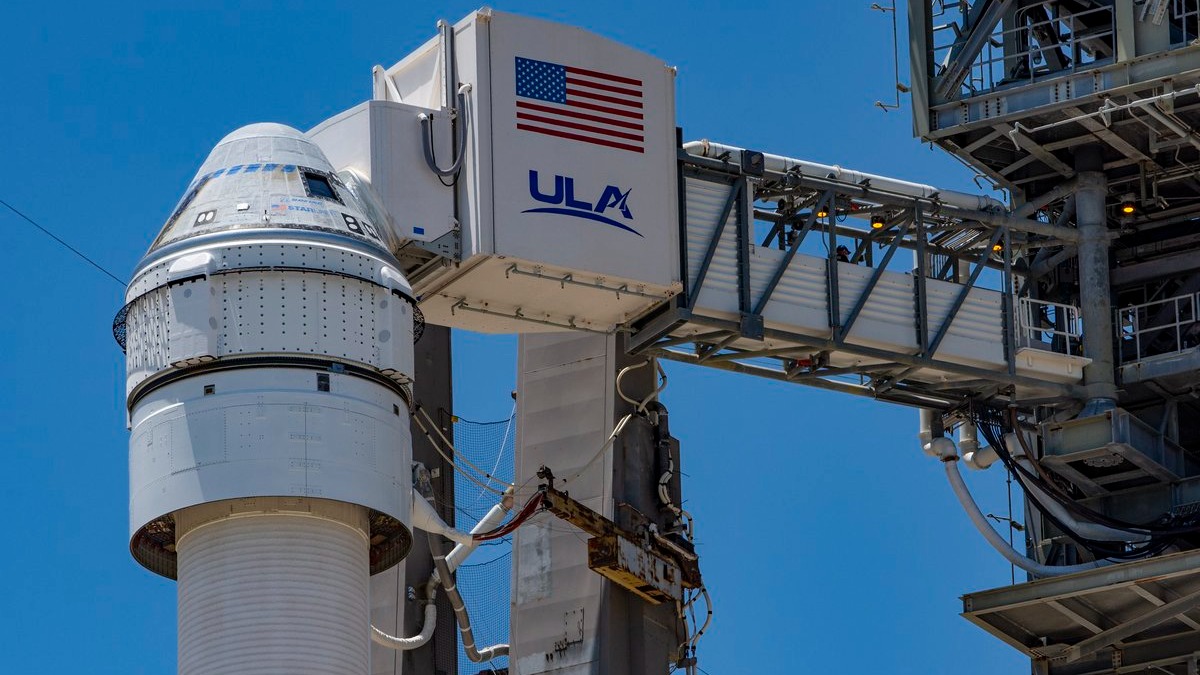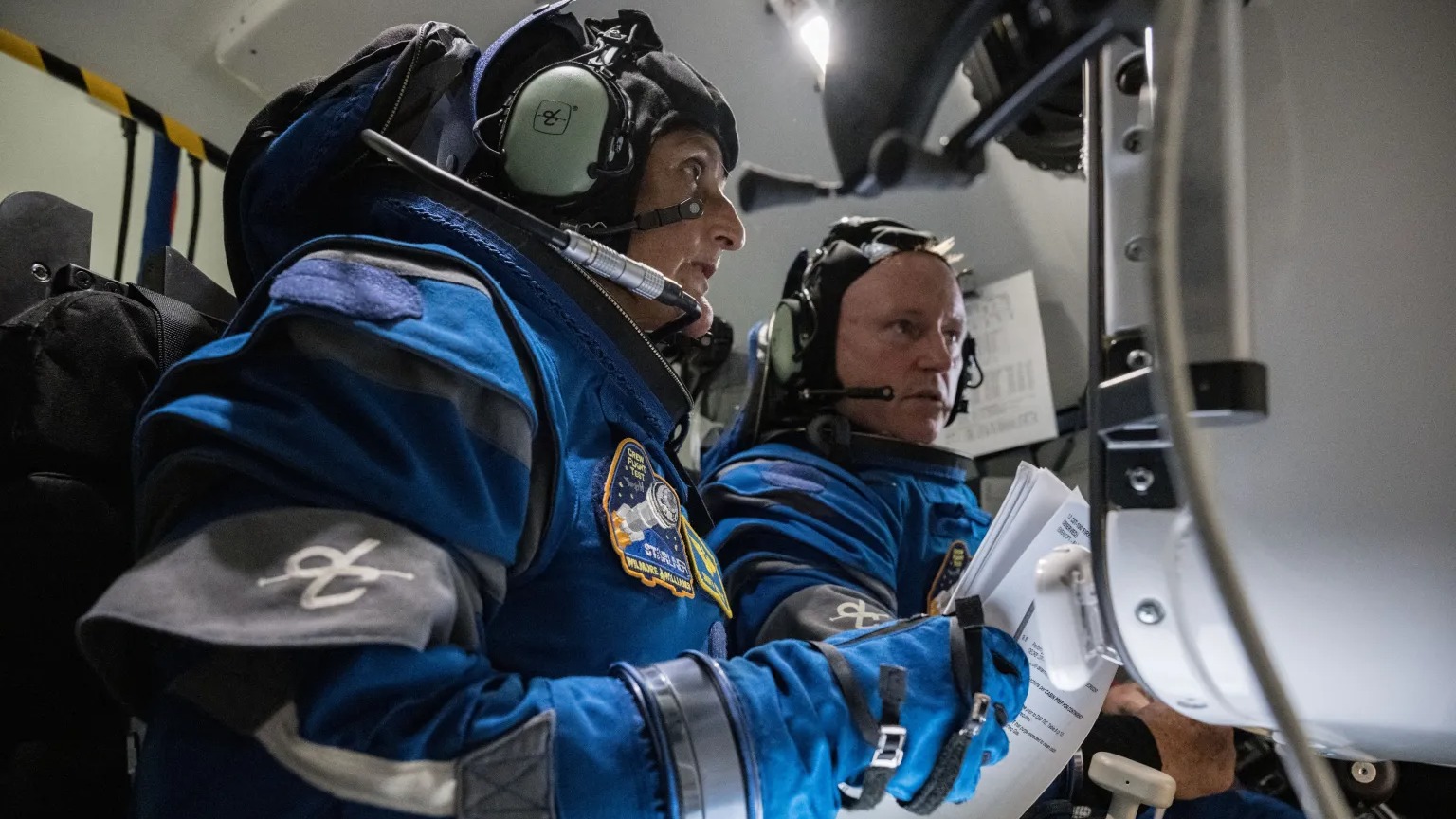
Update, 9 p.m. EDT: Boeing Starliner's launch has been scrubbed due to a valve issue on the United Launch Alliance Atlas V rocket. Here is the link to our scrub story.
CAPE CANAVERAL — Atlas V is a venerable rocket, but it's about to break new territory: Carrying humans instead of uncrewed missions on board.
United Launch Alliance's Atlas V rocket has been in service for two decades, carrying missions like the Mars Reconnaissance Orbiter or the OSIRIS-REx sample return mission to asteroid Bennu since 2002. But as soon as today (May 6) its task is to send two NASA astronauts on board Boeing Starliner.
That mission, known as Crew Flight Test (CFT), will send NASA astronauts Butch Wilmore and Suni Williams to the International Space Station (ISS) at 10:34 p.m. (0234 GMT Tuesday, May 7). And it was not an easy task to make sure Atlas V was ready to carry them from Cape Canaveral Space Force Station.
"It was between 11,000 and 12,000 verifications that had to be looked at and assessed by our team," Ian Kappes, deputy manager for the launch vehicle system for NASA's Commercial Crew Program, told Space.com during an interview here at NASA's Kennedy Space Center, nearby the launch pad. "If you asked me, 'How do you know that you're ready?' That's how I know I'm ready. We worked as one team, to just power through and look at this vehicle."
Kappes has been with the commercial crew program since 2014, working his way up from avionics software to his current position. Previous uncrewed launches of Starliner in 2019 and 2022 helped "buy off risk" for CFT's launch opportunity, he said, but making sure the human rating stuck required examining data that was sometimes 20 or 25 years old.
"Some of it was hand calculations; I kid you not," he said, as the ULA team examined data and re-imagined it for astronauts on board. Questions arose about matters such as the abort system, vehicle accelerations and avionics, among many other matters.

While ULA has flown Atlas V with 100 percent success since the debut launch in 2002, Kappes said the team does not "want to slide into the stance of, 'You've flown so many. So you're good to go.' Right? Because that you can get into that trap real quick."
Each item was therefore checked against NASA standards for human spaceflight requirements. The ascent phase required discussion about guidance and navigation, flight mechanics, loads on the spacecraft and of course aborts, Kim Ess, manager of the integrated performance office in NASA's Commercial Crew Program, also told Space.com.
"When we launch, we want the ascent trajectory to be correct; to get us where we want to go, and that the staging occurs at the right location, and that there's no harm to the public, or the crew or the station. Those are our priorities," she said.
Even the crew access tower, which has been worked on for nearly a decade, was newer infrastructure that had to also meet stringent requirements from Space Force as that is where the tower is used.
A lot of the discussion was making sure that not only that safety was met, but the safety requirements of NASA and Space Force aligned in such a way to make that possible, Crystal Jones, manager of the commercial crew program's ground and mission operations office, told Space.com.
With launch now hours away, "Just feel a little surreal, honestly, that we're here. We all worked so hard to get to this point," Jones said. "We're finally here, and we're ready. I think everyone's really confident in our mission."
Jones said that during a recent flight test readiness review, the team felt an "uncomfortable nervousness" because they are so close to launch after a long journey. "But it's a good thing, because it causes us to really dig deep and make sure that we're ready. I think we are. I think the whole team is confident that we're ready to fly."







